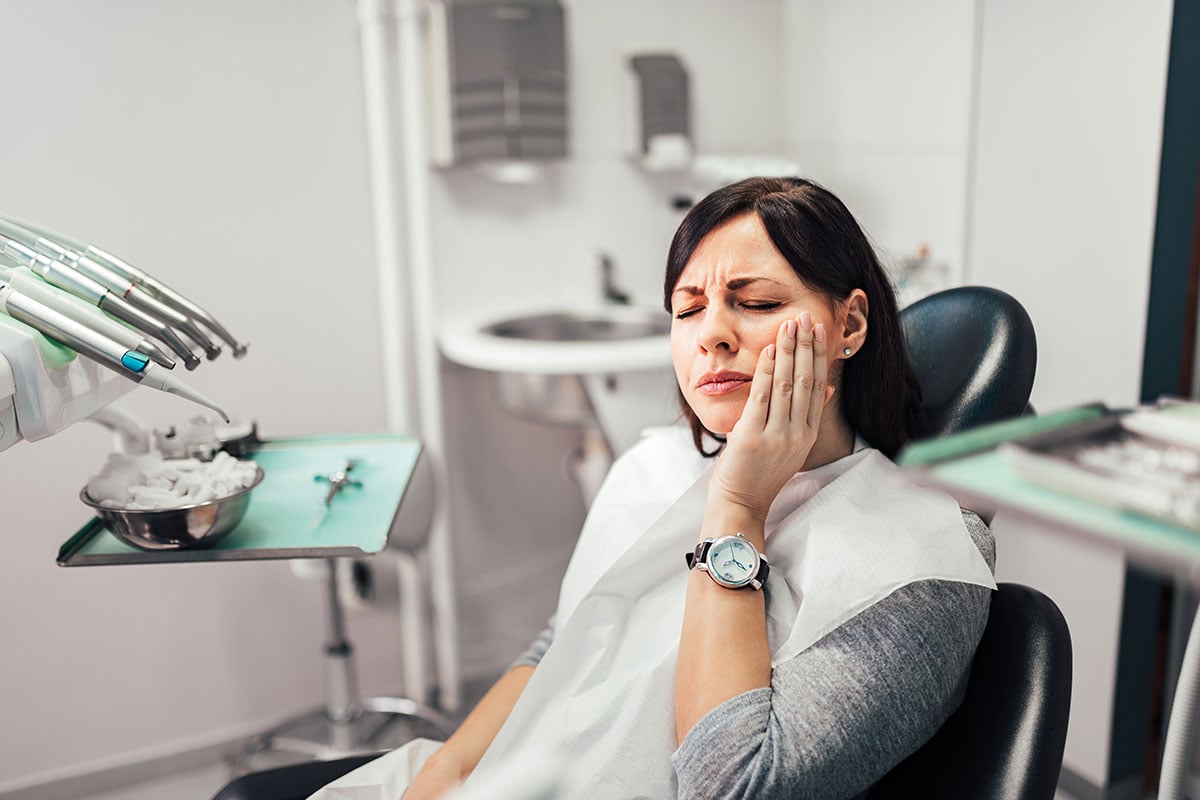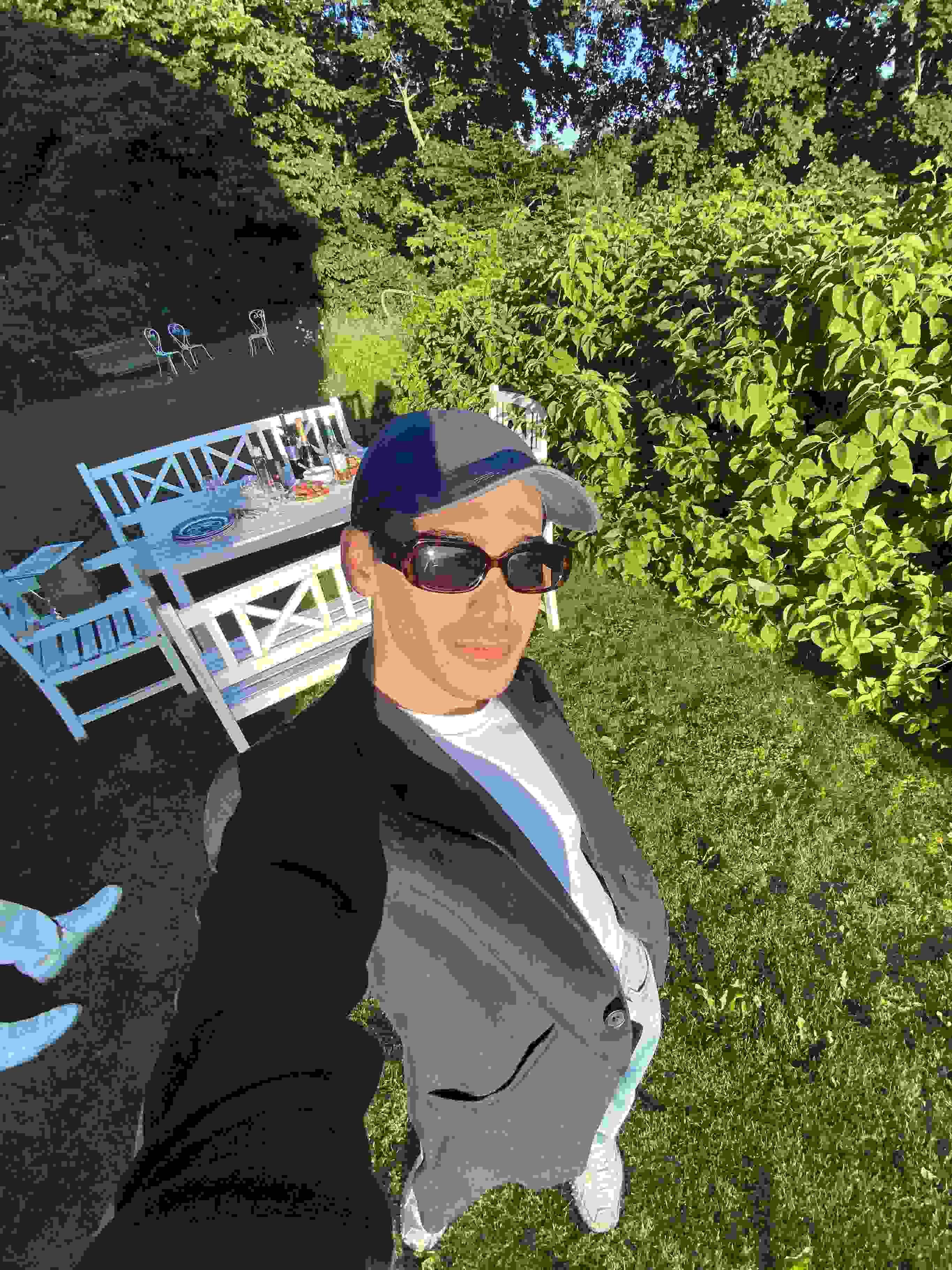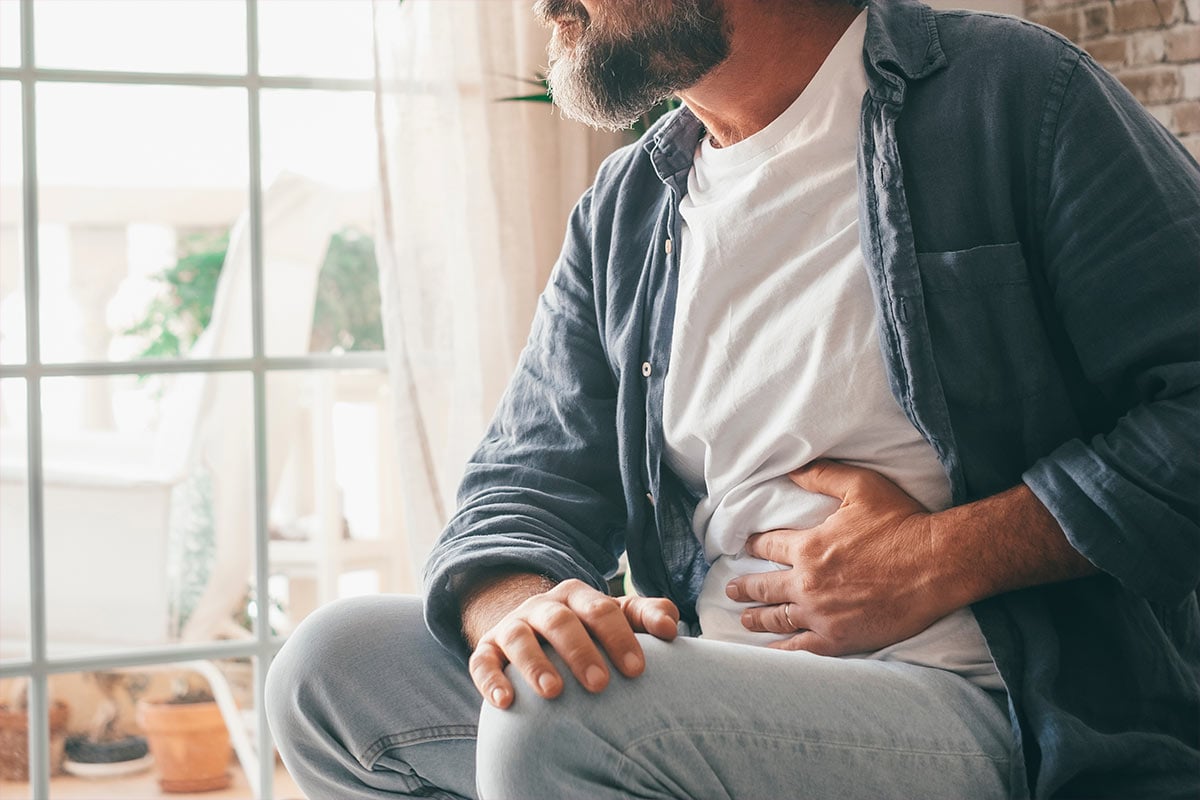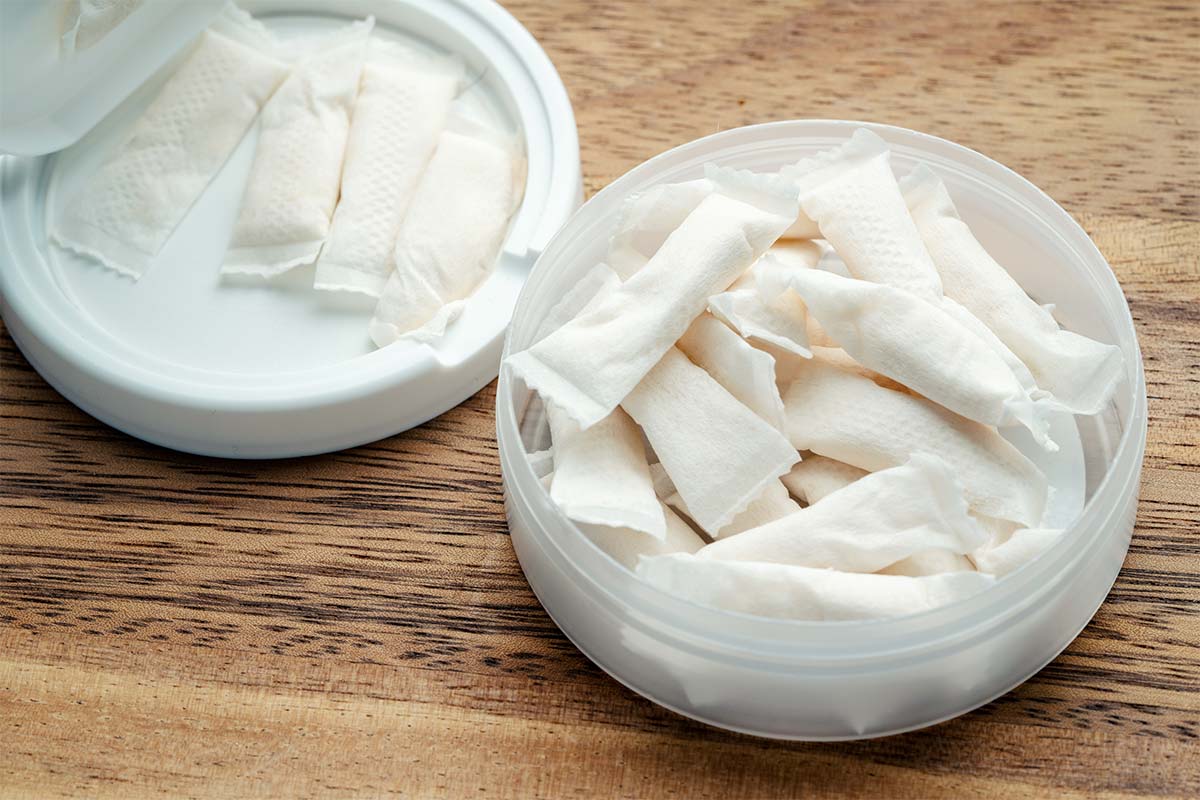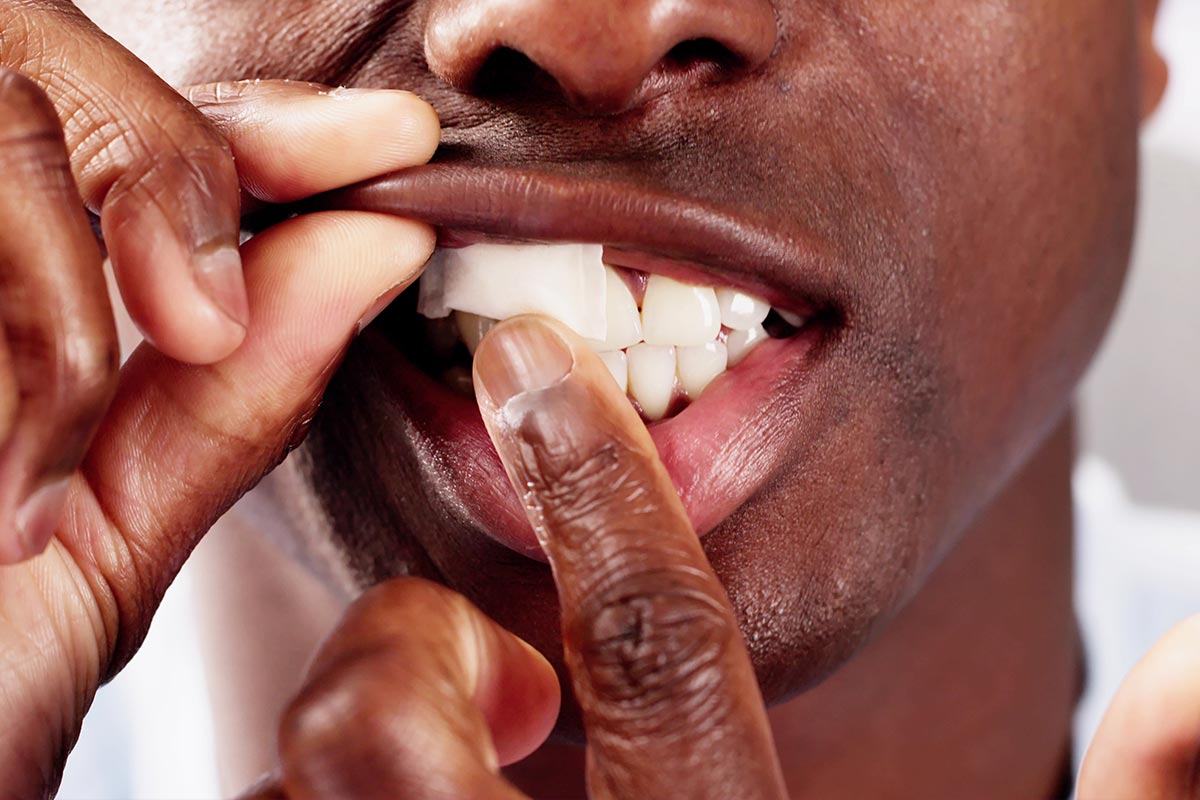Can You Use Nicotine Pouches After Wisdom Teeth Removal?
So, you've just had your wisdom teeth removed, and now you’re wondering whether you can use nicotine pouches post-surgery? Maybe you’re used to reaching for a ZYN throughout the day and aren’t sure if you can continue as you usually would while sore and swollen.
We get it—waiting for your wounds to heal can be frustrating and painful enough. It's made even harder if you're a regular nicotine user who's been told by your dentist to cut back on nicotine for a little while. In this guide, we'll break down the reasons why consuming nicotine isn't the best idea for your recovery and when you can resume normal consumption again.
Why Nicotine Might Not Be Good For Your Dental Recovery
After getting a tooth extracted—including wisdom teeth removal—your mouth is in recovery mode, working overtime to form a protective blood clot at the extraction site. This clot is crucial as it shields the area, helps prevent infections, and kick-starts the healing process.
While nicotine pouches provide a convenient, tobacco leaf-free alternative to products that require smoking or inhalation, the nicotine itself can still interfere with your mouth’s healing process by restricting blood flow to the area.
Top Reasons You Shouldn’t Use Nicotine Pouches Post-Surgery
-
Nicotine slows healing: Nicotine constricts blood vessels, which reduces blood flow to your gums. This limits the oxygen and nutrients that help repair tissues, meaning it could take longer for your mouth to fully recover.
-
Higher risk of dry socket: Dry socket is one of the most painful complications after wisdom tooth removal. This is when the protective blood clot at the extraction site gets dislodged or dissolves too early, exposing sensitive nerves and bone. Smoking and vaping significantly increase this risk because the act of sucking on a cigarette/e-cigarette can physically pull the clot out of place. While nicotine pouches don’t require inhalation, nicotine itself can still interfere with blood clotting and circulation, which may slow healing.
-
Increased swelling and irritation: The extraction site of your tooth is already tender and inflamed, so adding a nicotine pouch into the mix can make things worse. If the pouch sits too close to the healing area, it could cause extra swelling, pain, or sensitivity.
-
Higher risk of infection: Your body is already in defense mode after surgery, working to protect the wound from bacteria. Nicotine weakens your immune response, making it harder for your body to fight off potential infections—which can lead to more pain, swelling, and a potentially longer recovery period.
-
Gum sensitivity & other possible long-term effects: If you’ve ever noticed your gums feeling irritated after using nicotine pouches, you’re not alone. Post-extraction, your gums are even more delicate. Frequent use of nicotine pouches may contribute to gum recession or irritation over time and is something to be aware of.
Done with the dentist and want to know when you can finally start to use nicotine pouches again? Let’s talk about timing.
When Can You Use Nicotine Pouches After Wisdom Teeth Removal?
Most dentists recommend waiting at least 72 hours, but for the best healing, many suggest folding off for 7–10 days.
If you’re planning to reintroduce nicotine pouches after wisdom teeth removal, here’s how to do it as safely as possible:
-
Wait at least 3–7 days before using any nicotine product.
-
Keep the pouch on the opposite side of your mouth to avoid irritation.
-
Stay hydrated—nicotine can dry out your mouth, which isn’t great for healing either.
-
Be mindful of any pain or swelling—if something feels off, wait a little longer.
If you’ve been prescribed medication to assist with the healing process, consult your dentist before resuming nicotine pouches, as nicotine use could interfere with its effectiveness.
For a full rundown on long- and short-term pouch safety, check out the side effects of nicotine pouches.
Alternative Ways To Use Nicotine While You’re Healing
If you’re a regular nicotine pouch user, we know waiting it out can be tough. However, it’s important to remember that while nicotine might seem like a way to manage post-extraction discomfort, it doesn’t actually relieve pain—in fact, it can slow healing by restricting blood flow to the affected area.
Here are some alternative options to get through your recovery period:
-
Nicotine patches: These are stuck on your arm, so don’t involve the mouth at all and may offer a temporary solution.
-
Sugar-free gum or mints: If you miss the habit of having something in your mouth, try sucking on a mint. Be cautious with chewing, though—whether it’s regular gum or nicotine gum, the motion can put pressure on the healing site, and any accidental biting or suction could increase the risk of dislodging the blood clot.
-
Distraction techniques: Above all else, keeping your mind occupied with activities may help alleviate some cravings.
Final Thoughts
So, can you use nicotine pouches after wisdom teeth removal? Technically, yes—but it’s not the best idea if you want to heal as quickly and pain-free as possible.
If you can hold off for at least a few days (ideally a week), your mouth will thank you—and once you're fully healed, you can enjoy your pouches worry-free.


